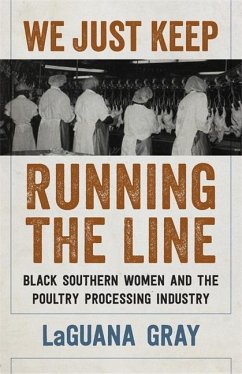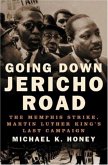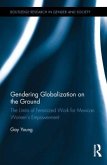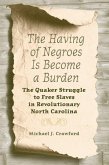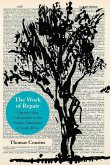The poultry processing industry in El Dorado, Arkansas, was an economic powerhouse in the latter half of the twentieth century. It was the largest employer in the interconnected region of South Arkansas and North Louisiana surrounding El Dorado, and the fates of many related companies and farms depended on its continued financial success. We Just Keep Running the Line is the story of the rise of the poultry processing industry in El Dorado and the labor force -- composed primarily of black women -- upon which it came to rely. At a time when agricultural jobs were in decline and Louisiana stood at the forefront of rising anti-welfare sentiment, much of the work available in the area went to men, driving women into less attractive, labor-intensive jobs. LaGuana Gray argues that the justification for placing African American women in the lowest-paying and most dangerous of these jobs, like poultry processing, derives from longstanding mischaracterizations of black women by those in power. In evaluating the perception of black women as "less" than white women -- less feminine, less moral, less deserving of social assistance, and less invested in their families' and communities' well-being -- Gray illuminates the often-exploitative nature of southern labor, the growth of the agribusiness model of food production, and the role of women of color in such food industries. Using collected oral histories to allow marginalized women of color to tell their own stories and to contest and reshape narratives commonly used against them, We Just Keep Running the Line explores the physical and psychological toll this work took on black women, analyzing their survival strategies and their fight to retain their humanity in an exploitative industry.
Hinweis: Dieser Artikel kann nur an eine deutsche Lieferadresse ausgeliefert werden.
Hinweis: Dieser Artikel kann nur an eine deutsche Lieferadresse ausgeliefert werden.

